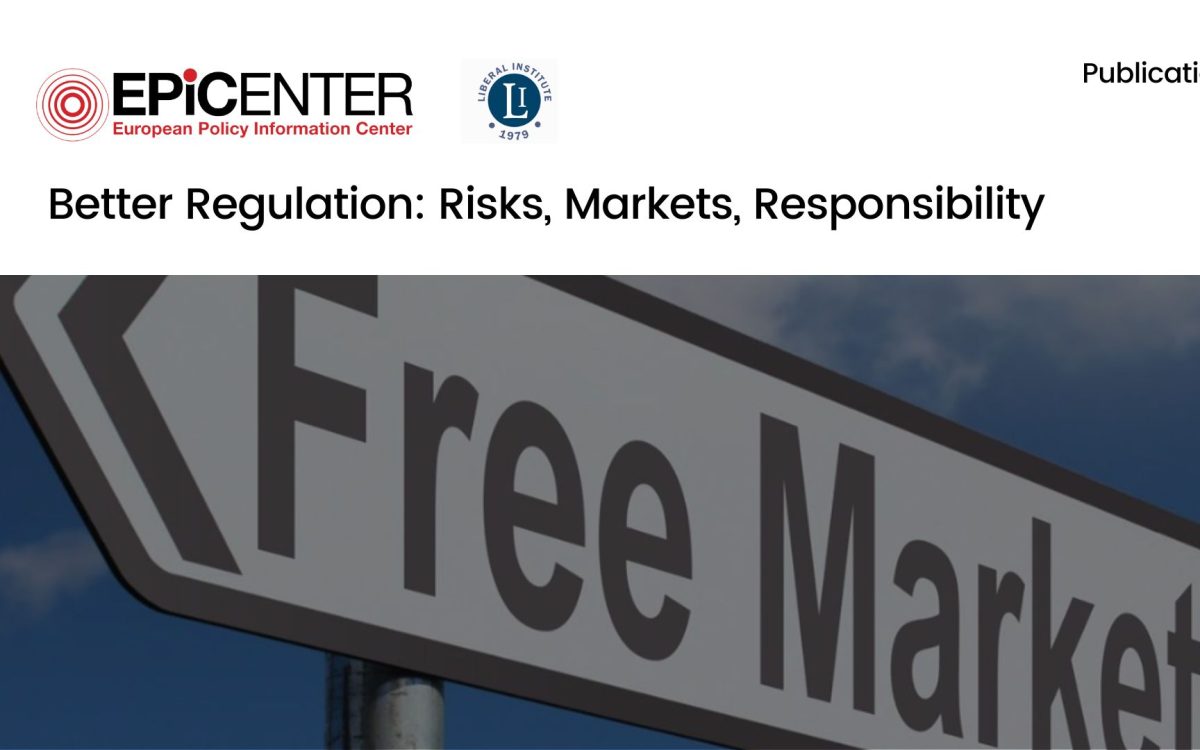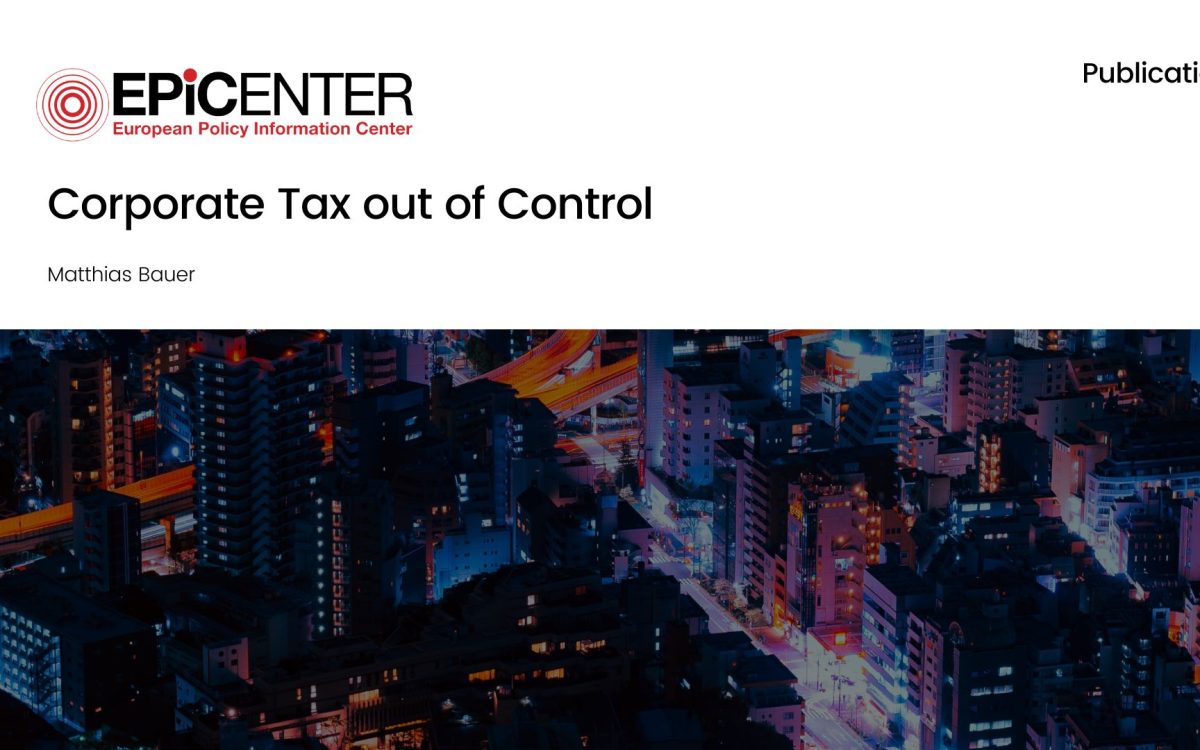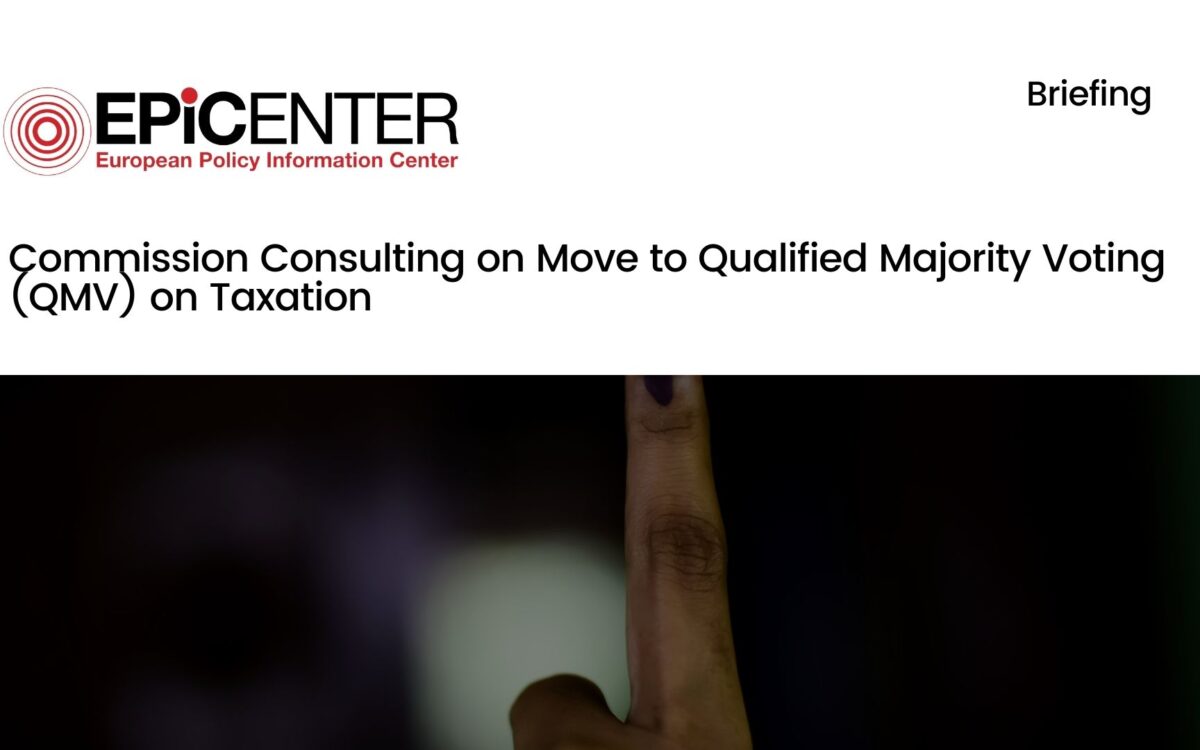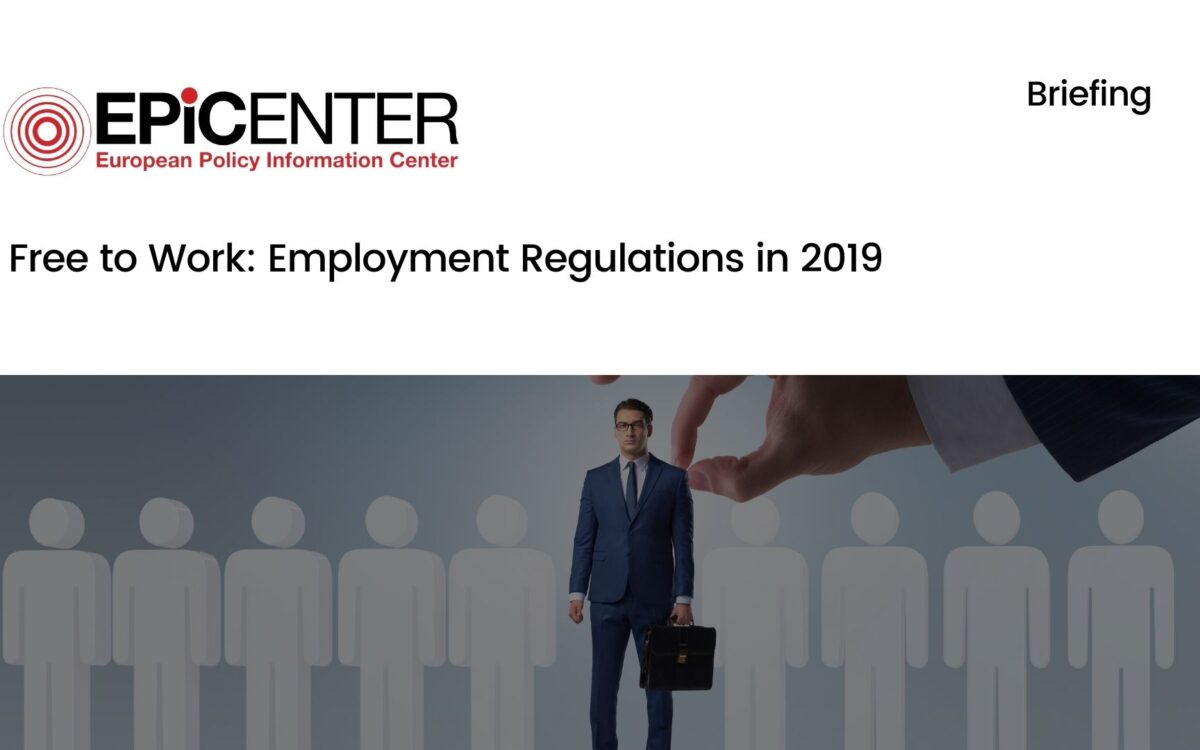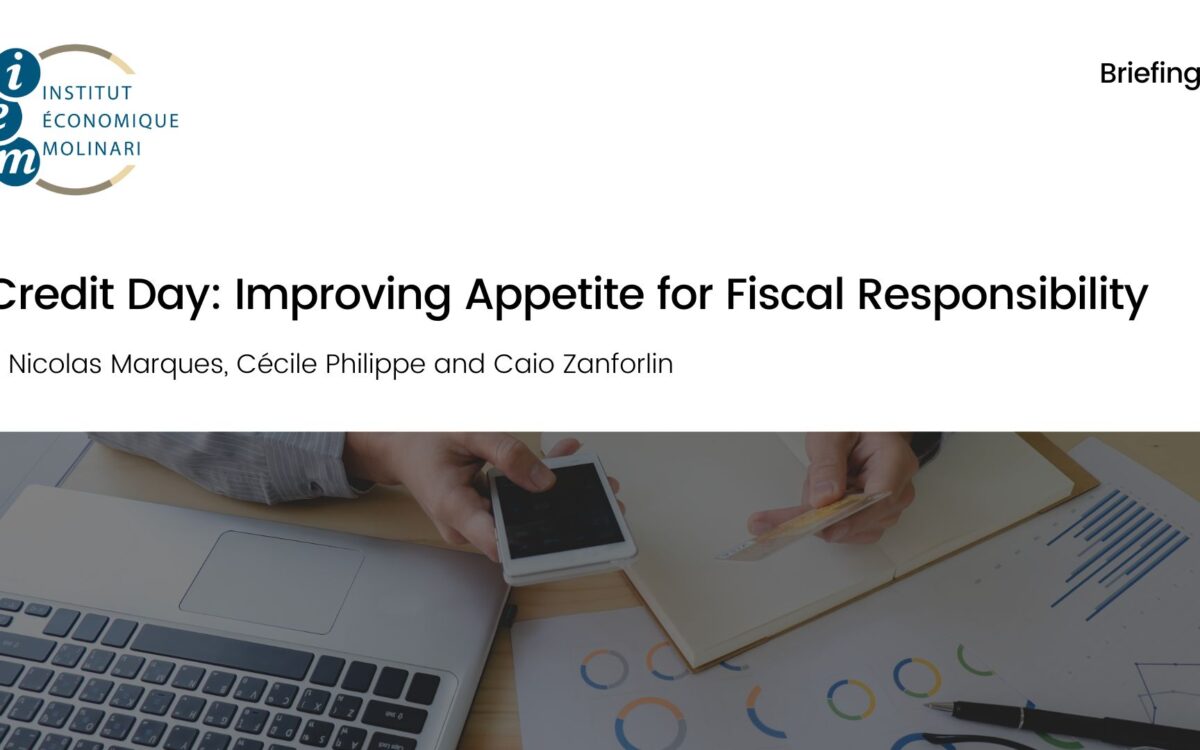Fiscal & Taxation Publications
February 26, 2019
Published by EPICENTER on February 26, 2019
Categories
A popular explanation for economic scandals, crises and suboptimal market outcomes is the lack of government regulation. This interpretation is intensively promoted by the promoters of a “bridled” market and by the communication departments of the respective administrations: only the supervision and control of the market economy by the bureaucratic state would ensure the integrity of economic actors. This would even apply to competition, which would allegedly be endangered without a dedicated authority.
February 20, 2019
Published by EPICENTER on February 20, 2019
Categories
Do European companies pay their fair share of tax? Many companies headquartered in France, Germany, Italy and Spain show very low effective corporate tax rates (ECTRs). Their effective tax rates are often much lower than those of digital corporations, including the largest tech companies headquartered in the United States.
January 1, 2019
Published by EPICENTER on January 1, 2019
Categories
On 20th December, the European Commission launched a (relatively brief) consultation on moving from unanimity to qualified majority voting (QMV) in the Council on certain tax issues. The public consultation closes on the 17th January, with “indicative planning” to be carried out this quarter.
January 1, 2019
Published by EPICENTER on January 1, 2019
Categories
The Employment Flexibility Index of LFMI quantifies a great divergence in employment regulations between EU countries. Of the 41 countries included in the index (EU and OECD countries), Denmark and the United States were ranked as having the most flexible labour regulations, while France and Luxembourg were ranked last.
December 1, 2018
Published by IEM on December 1, 2018
Categories
13 December marks Credit Day across the European Union. This is the day when, on average, European countries’ central governments exhaust their annual tax revenue and start relying on borrowed money to fulfil their functions – 18 days before the end of the year. According to a study by the Institut Économique Molinari, this is 7 days later than last year, which is a substantial improvement.
December 1, 2018
Published by IBL on December 1, 2018
Categories
The Commission’s decision to fine Google for unfair practice was based on a misunderstanding of the Android ecosystem and a mistaken definition of the relevant market. This allowed Google’s activities to be wrongly cast as those of a monopoly abusing its position.
